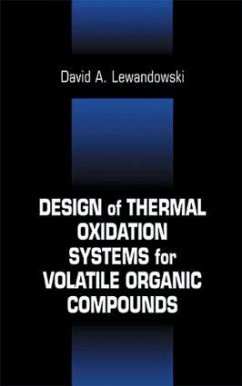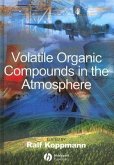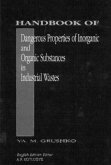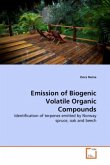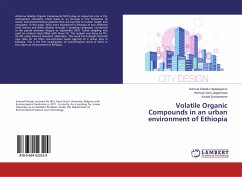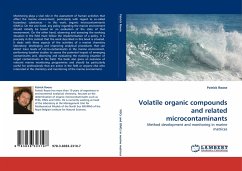The control of emissions of volatile organic compounds (VOC) has been a very prominent environmental issue in the 1990s and will continue to be an environmental priority through the next decade. No single technology has played as important a role in the control of VOC emissions as thermal oxidation. Types of industries dealing with VOC emissions include oil refining, chemical distillation and separation processes, and pharmaceutical industries. This book provides all the information needed by engineers in a single reference on thermal oxidation systems. It covers design, operation, and maintenance as well as the principles behind volatile organic compounds as hazardous waste. TOC:Introduction. Environmental Regulations. VOC Destruction Efficiency. Combustion Chemistry. Mass & Energy Balance. Waste Classification. Thermal Oxidizer Design. Heat Recovery. Catalytic Systems. Regenerative Thermal Oxidizers (RTO). Regenerative Catalytic Oxidizer (RCO). Combustion NOx Control. Post-Combustion NOx Controls. Gas Scrubbing Systems. Safety Systems. Appendices.

